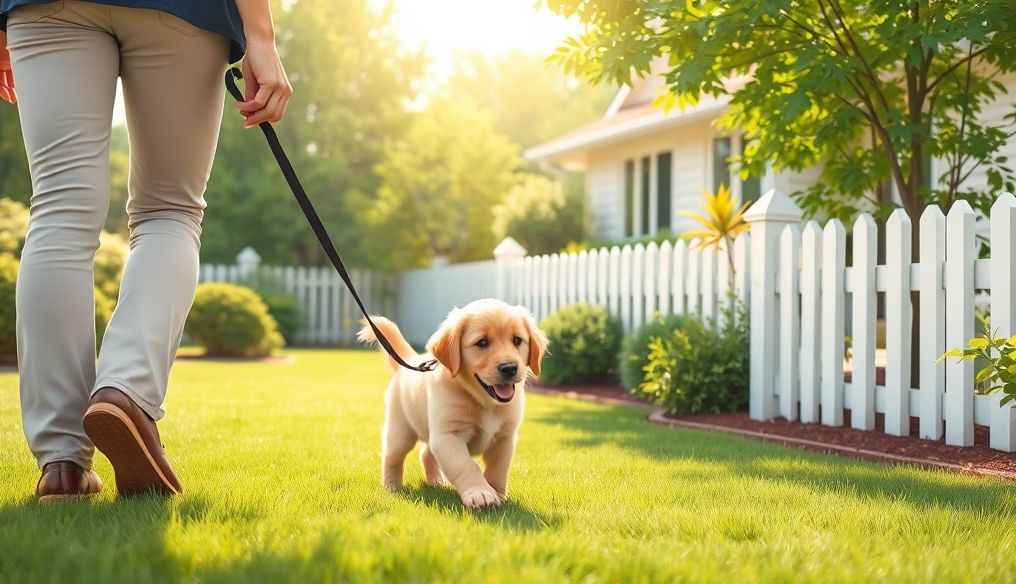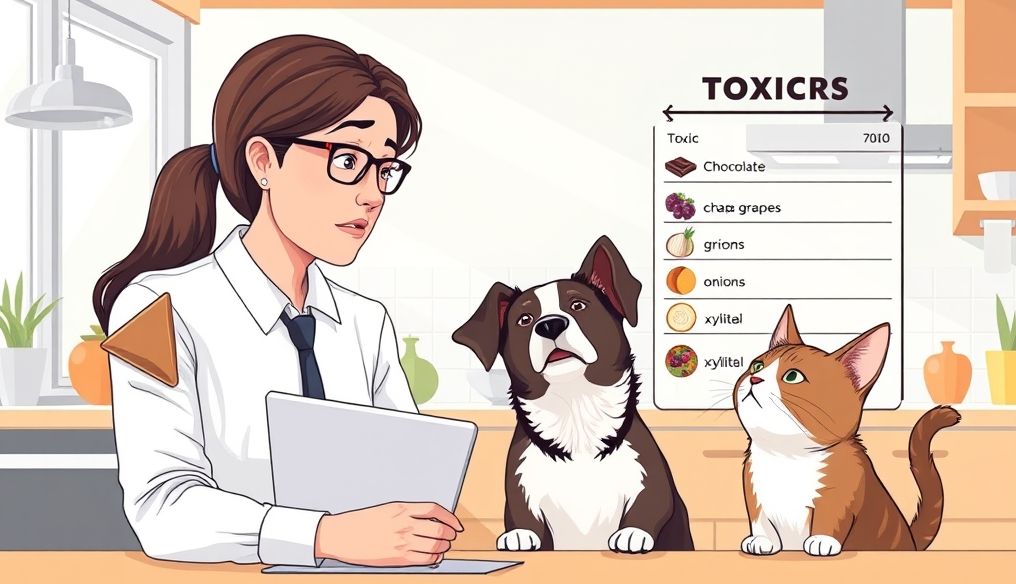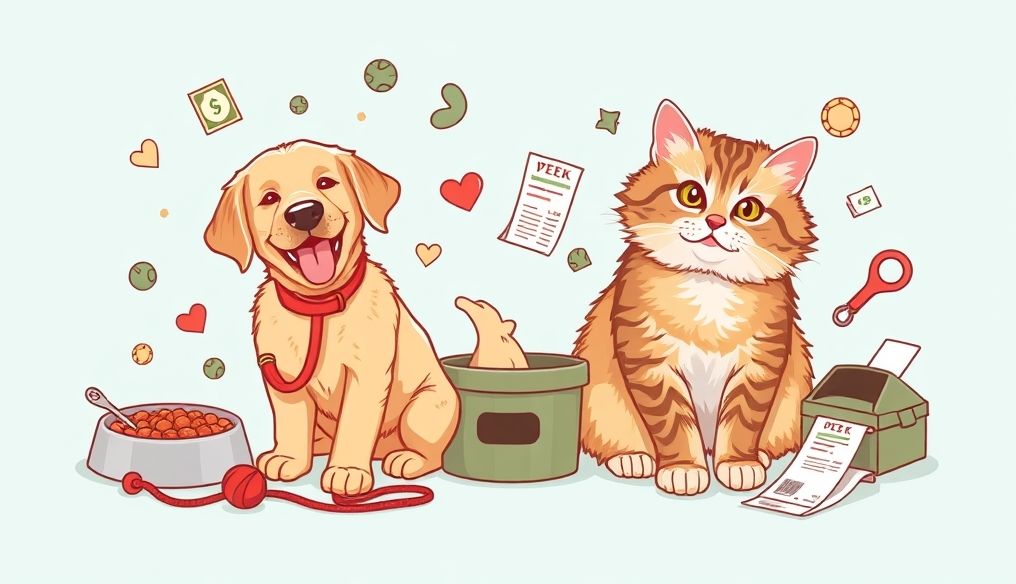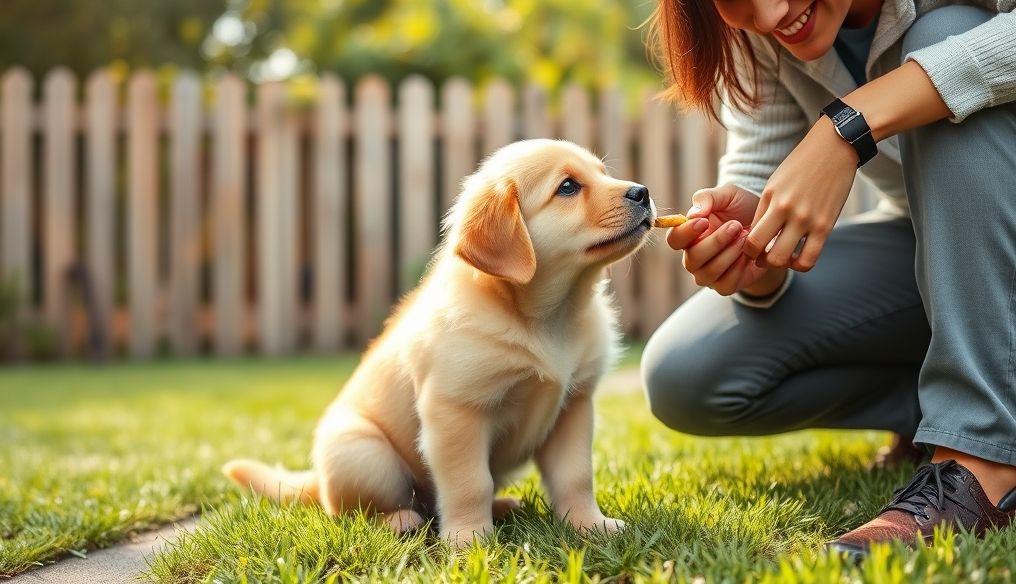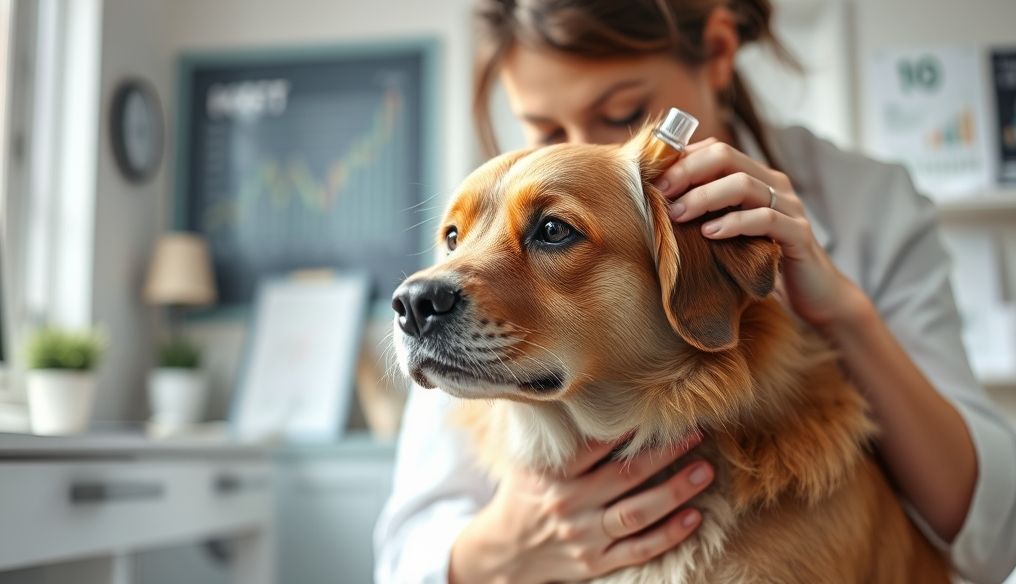How Can I Successfully Potty Train My Puppy?
Welcoming a new puppy into your home is an exciting experience, but it also requires a lot of patience and commitment. Among the most important aspects of caring for a new puppy is potty training, a process that can take some time and effort. This article aims to provide you with a comprehensive guide and practical steps to help you successfully train your small puppy to eliminate in the designated area.
Chapter 1: Understanding Your Puppy's Needs
Before you start training, it's important to understand your puppy's physiological and behavioral needs. Puppies need to urinate and defecate more frequently than adult dogs due to their small bladder size and weak control. In general, a puppy needs to eliminate:
- After waking up from sleep
- After eating or drinking
- After playing or exercising
- Every two to three hours during the day
- Before going to sleep
In addition, the puppy may indicate the need to eliminate through some signs, such as:
- Sniffing and wandering around the place
- Circling
- Suddenly squatting
- Barking or whining
Chapter 2: Setting Up a Potty Area
The first step in potty training your puppy is to identify a designated potty area. This area can be in the backyard, on the balcony, or even indoors using pee pads. Make sure the area is:
- Easily accessible
- Safe and free of hazards
- Clearly defined (such as using a small fence or visual cues)
If you are using pee pads, place them in a quiet place away from eating and sleeping areas. Change the pads regularly to keep the area clean.
Chapter 3: Establishing a Consistent Routine
A consistent routine is key to success in potty training your puppy. Take your puppy to the potty area at the times mentioned above (after waking up, after eating, etc.). Use a specific phrase like "Let's go potty" or "Go to the bathroom" to help your puppy associate the phrase with the action.
If your puppy eliminates in the designated area, praise them warmly and give them a small treat. If not, don't punish or get angry with them. Simply take them inside and try again in a little while.
Chapter 4: Handling Accidents
Accidents are inevitable during the training process. When your puppy urinates or defecates in an undesignated place, do not punish or yell at them. This may scare them and make them hide their needs from you. Simply clean up the mess thoroughly using a special odor-removing cleaner, so the puppy doesn't return to the same spot again.
Try to identify the cause of the accident. Did you miss the signs of their need? Was the time between potty breaks too long? Adjust your routine accordingly.
Chapter 5: Crate Training
Crate training is an effective method of potty training your puppy. Dogs do not like to soil their sleeping area, so if your puppy is accustomed to the crate, they will tend to wait until they go out to eliminate.
Make the crate a comfortable and positive place for your puppy. Put a soft blanket and fun toys in it. Do not use the crate as punishment. Start by putting your puppy in the crate for short periods of time, then gradually increase the duration. Take your puppy to the potty area immediately after taking them out of the crate.
Chapter 6: Proper Nutrition
Proper nutrition plays an important role in potty training your puppy. Feed your puppy high-quality food appropriate for their age. Follow a regular feeding schedule and avoid giving your puppy too much food or drink before bedtime.
Talk to your veterinarian about the appropriate amount of food for your puppy and the type of food they recommend.
Chapter 7: Patience and Consistency
Potty training requires patience and consistency. It may take weeks or even months for your puppy to learn completely. Don't be discouraged if your puppy doesn't see immediate results. Continue to follow the routine and offer rewards and praise when they succeed. Remember that every puppy learns at a different pace.
Chapter 8: When to Seek Professional Help
If you are having difficulty potty training your puppy, do not hesitate to seek help from a professional dog trainer or veterinarian. There may be a medical or behavioral reason preventing your puppy from learning. A professional can provide you with guidance and advice tailored to your puppy's situation.
Additional Tips:
- Watch your puppy closely for signs of needing to eliminate.
- Clean up accidents immediately with a special odor-removing cleaner.
- Use rewards and praise to reinforce good behavior.
- Be patient and consistent.
- Do not punish your puppy for accidents.
- Consult your veterinarian if you have any concerns.
By applying these tips and being patient and persistent, you will be able to successfully potty train your small puppy and enjoy the company of a happy and healthy dog.
